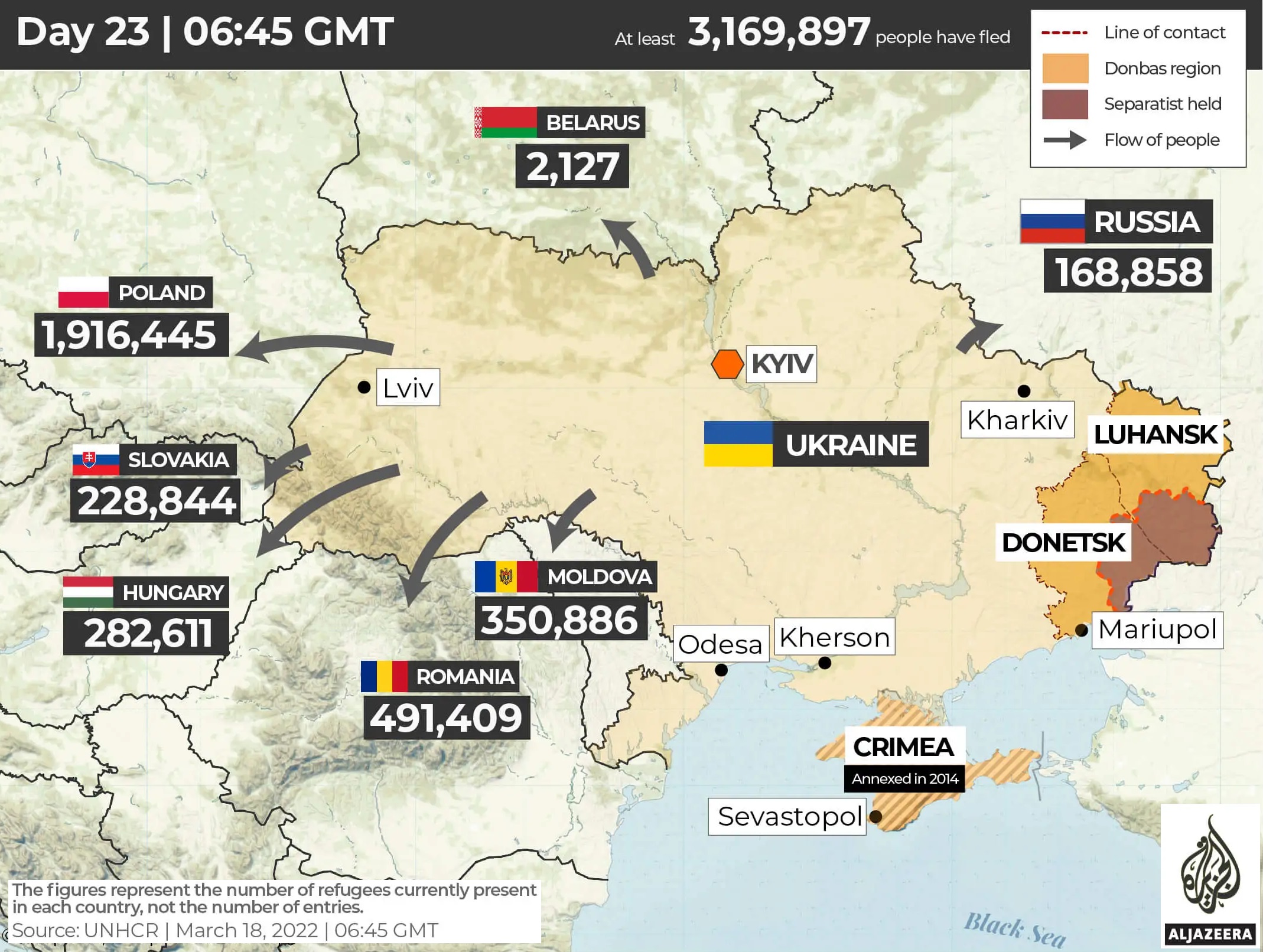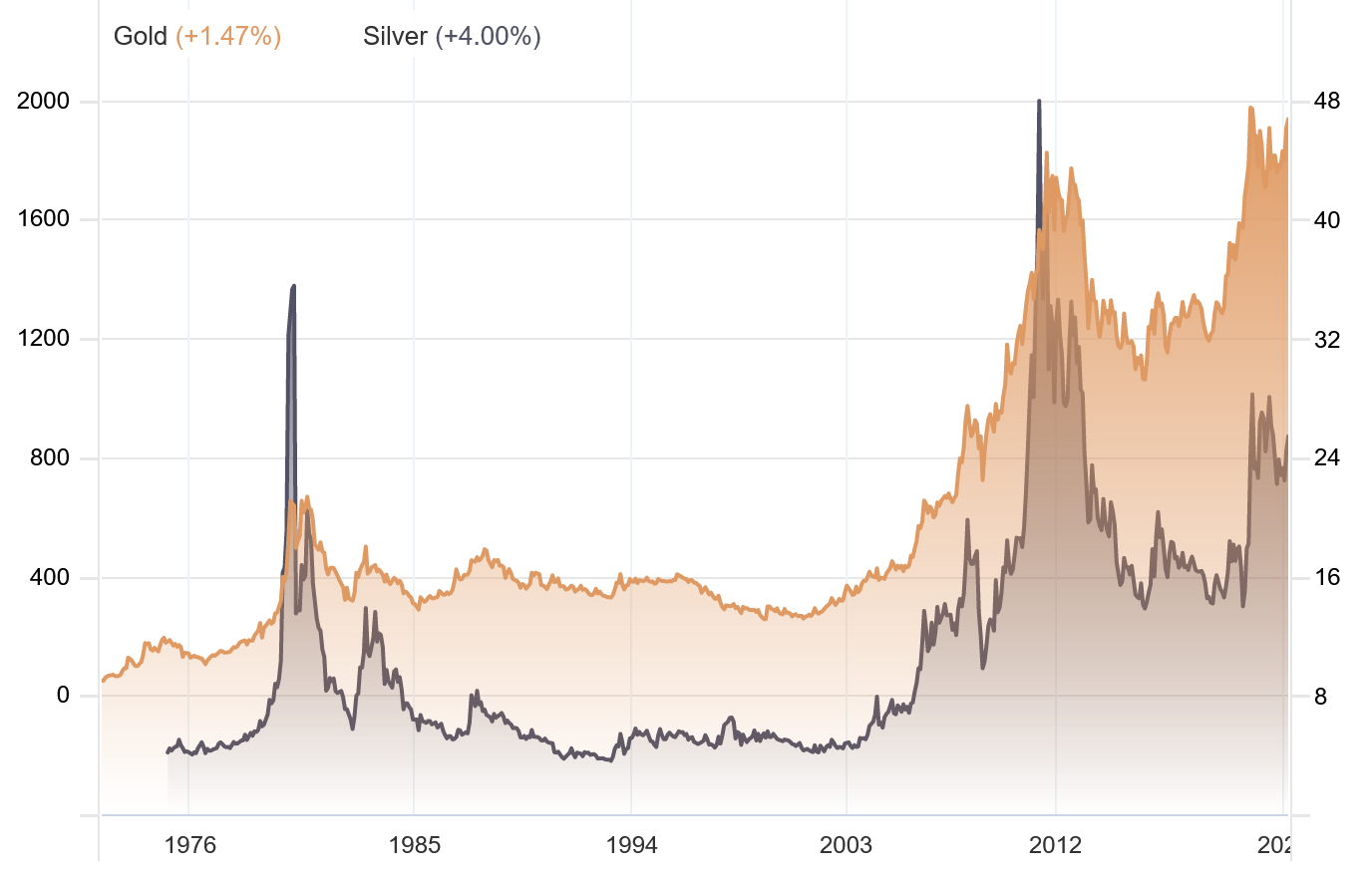A sanction is actually a penalty imposed by one country (or a group) on another, and it is used as a tool to stop the country acting aggressively or breaking international law. Sanctions are designed to hurt the economy in general and the finances of individual citizens of a given country. So, is Russia still in the global economic game?
Western countries have imposed unprecedented punitive sanctions against Putin and his senseless war. Russian flights are banned from the European and American airspace, while Western governments have imposed sanctions on some very wealthy Russian individuals, businessmen, and women oligarchs, including Russian President Vladimir Putin and his Foreign Minister Sergei Lavrov. Meanwhile, a growing number of international companies are quitting their operations in Russia over its invasion of Ukraine, such as Visa, Mastercard, Exxon Mobil, Airbus, BP, Shell, Disney, Microsoft, Apple, Dell, Siemens, Facebook, Twitter, Alphabet (Google and YouTube), Oracle, SAP, HSBC, ING, IKEA, Mercedes-Benz Group, Renault, BMW, Ford, Volvo, General Motors, Toyota, Adidas, Zara, H&M, McDonald's and many more companies.
With such sanctions analysts at Goldman Sachs said the investment bank had cut its forecast for Russian gross domestic product this year from 2% growth to a 7% decline. Also, the capital control measure in Russia causes huge problems in the economy. Additionally, European Union prohibited to invest, participate, or otherwise contribute to projects co-financed by the Russian Direct Investment Fund. Since March 12, 2022, EU prohibited to sell, supply, transfer, or export euro denominated banknotes to Russia or to any natural or legal person, entity, or body in Russia, including the government and the Central Bank of Russia, or for use in Russia.
Food commodity prices rose 23.1% last year. Wheat (1066 dollars), rice (15.7 dollars), and corn (750 dollars) recorded a massive increase since Russia started the war last month, reaching an increase of 61%, 11%, and 23% as a high price tag respectively. February was a month with the highest prices since 1961 for meat, dairy, cereals, oils, and sugar. Notably, Russia and Ukraine account for nearly 30% of world wheat exports and 18% of corn, most of which is shipped through Black Sea ports that are now closed.
Another interesting fact is that of diet differences. In particular, in Europe, where bread is deeply embedded in many aspects of its culture, wheat makes up about a quarter of diets. In Southeast Asia, wheat accounts for only 7% versus 42% for rice, for which price increases so far have been relatively contained.

























0 comments:
Post a Comment